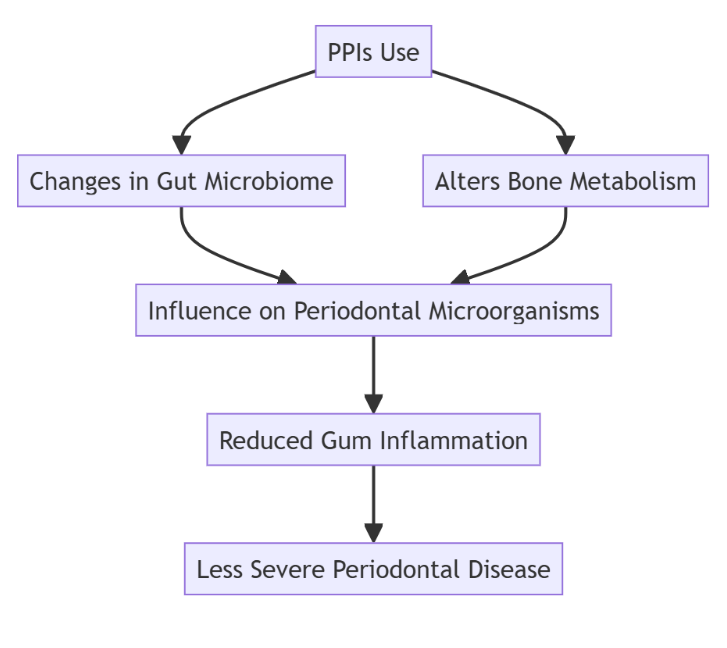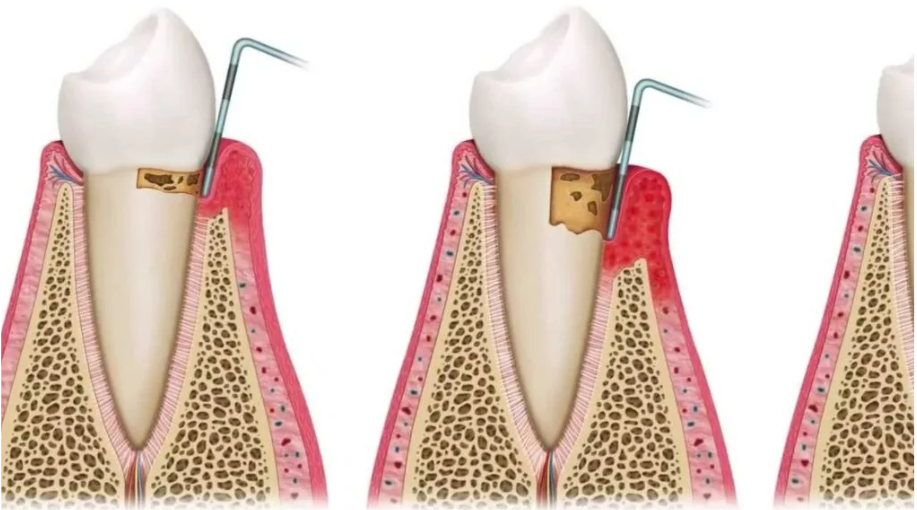Typical E-scooter-related dental injuries
Personal electric vehicles divided the whole world into their ardent followers who rush along the city streets, and those who ask the former in bewilderment: Are you immortal?
Indeed, unicycles, electric scooters, and to a lesser degree, electric bikes, are considered high-risk vehicles. Disregarding the number of accidents directly linked to electric vehicles, the incidence of fall-related injuries holds a disconcerting rank in medical assistance call statistics. Since dental trauma statistics is of interest to us, we found a study conducted at a British trauma centre. While similar research may exist in the United States, we haven’t found it in the public domain.
In June 2020, the UK issued guidelines regarding the use of electric scooters (e-scooters) to alleviate traffic congestion and diminish environmental pollution. Although personal electric vehicles offer substantial benefits, recent research indicates that electric scooters have also emerged as a significant factor in the increase of dental injuries.
Main findings:
- Patients and Injuries: Conducted at a major trauma centre in the UK, the study analyzed 32 patients who experienced a total of 71 dental injuries.
- Types of injuries: 46.5% of injuries (33 cases) affected teeth, predominantly the upper central incisors (17 cases). The most common type and site of soft tissue injuries were “lacerations” (32 cases) and “lips” (30 cases).
- Causes of injuries: Unprovoked falls from e-scooters accounted for 53.1% of the injuries (17 cases).
- Injury Trends: There was an overall increase in e-scooter-related dental injuries throughout the two-year period.
Conclusion: Electric scooters pose an additional risk of dental trauma.
Advice for health care professionals: Watch for signs of head injuries and other non-dental injuries, and refer such patients to specialists for further examination. Timely diagnosis can reduce the risk of post-traumatic complications.
Electric scooters have already become a part of everyday life, necessitating enhanced safety measures. Health care professionals should be aware of the characteristics of such injuries and anticipate potential complications even in the absence of patient complaints.
References
Rashid, J., Sritharan, R., Wu, S., & McMillan, K. (2024). E-scooter-related dental injuries: a two-year retrospective review. The British Dental Journal. doi:10.1038/s41415-024-7345-4, https://www.nature.com/articles/s41415-024-7345-4








